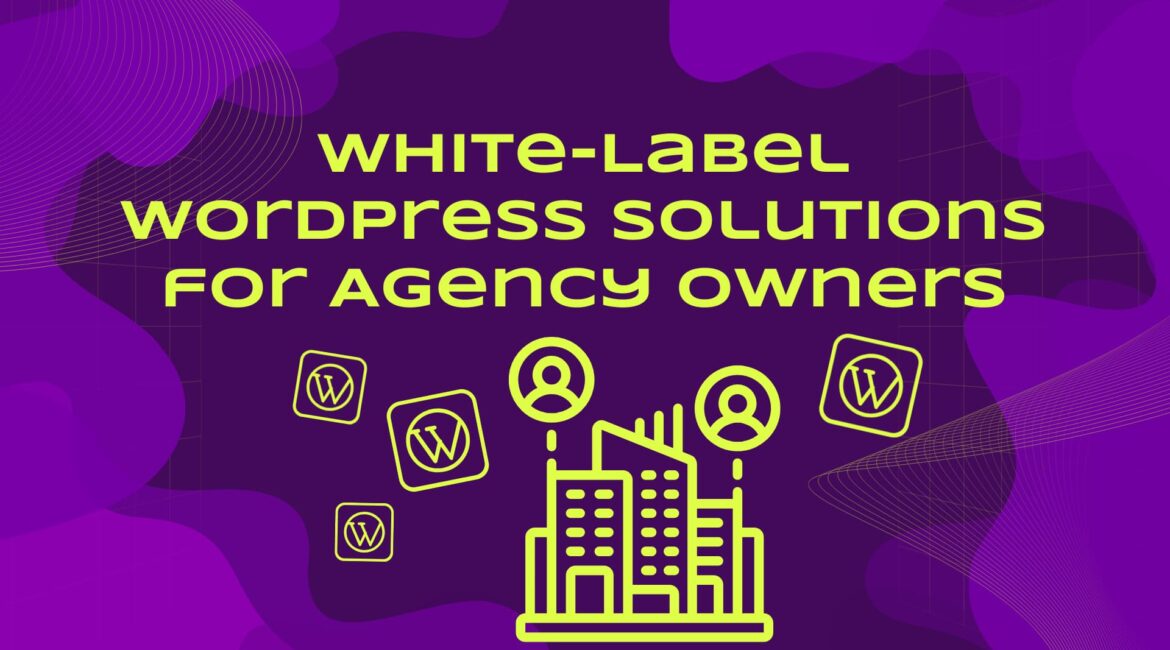Let’s be honest: running a digital agency in 2025 isn’t for the faint of heart. Between juggling client demands, staying on top of trends, and somehow finding time to grow your business, it’s a lot. And then there’s WordPress — that reliable workhorse of the web world. But here’s the thing: not every agency has the time, resources, or in-house expertise to handle WordPress projects. That’s where white-label WordPress solutions come in, and, spoiler alert, they’re becoming the go-to move for agency owners everywhere.
Why? Let’s dive in.
What Are White-Label WordPress Solutions, Anyway?
Before we get too deep, let’s clear this up. White-label WordPress solutions mean outsourcing WordPress design, development, or maintenance to a third-party provider who works under your brand. To your clients, it’s like your agency is the one doing all the magic. If you’re unsure how to choose the right provider, this guide on selecting a white-label WordPress development company breaks it down perfectly. Think of it as having a secret partner who handles the heavy lifting while you take the credit.
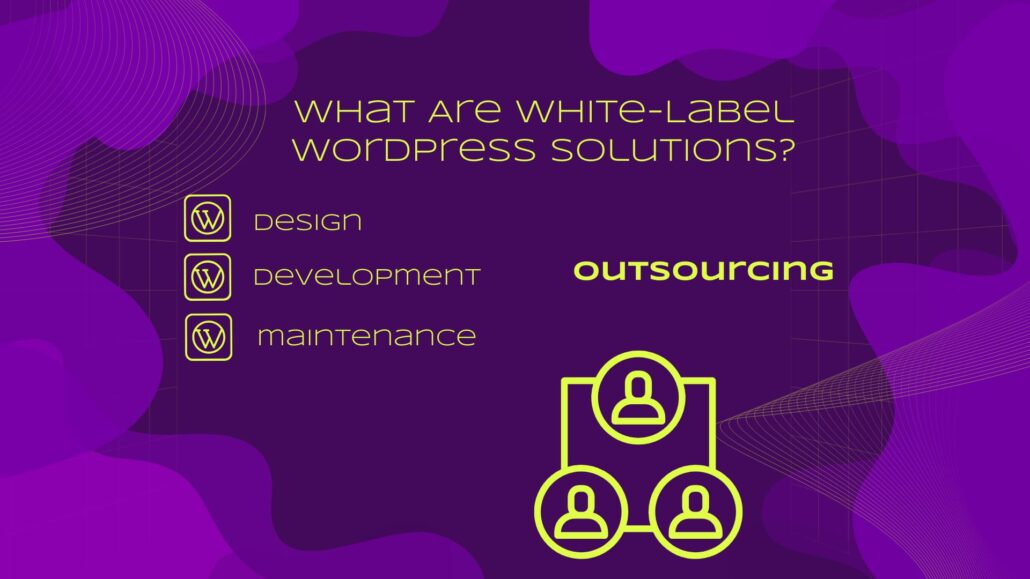
Sounds good, right? But it gets even better.
The Pressure to Do It All (And Why You Shouldn’t)
If you’ve ever felt like you need to be a jack-of-all-trades, you’re not alone. Clients want more than just a website these days. They want performance optimization, seamless integrations, e-commerce functionality, and ongoing support — oh, and all of it needs to be mobile-friendly, fast, and secure. Keeping up with all of that in-house? It’s exhausting, expensive, and let’s face it, not always practical.
Here’s a quick example: Imagine you’re a branding agency that’s great at creating killer visuals and strategies. A client comes along and asks for a WordPress site. Do you:
- Build it yourself, spending countless hours learning the tech?
- Hire a full-time developer (or several)?
- Partner with a white-label provider who’s already a pro?
Option three is what’s making agency owners breathe a sigh of relief in 2025.
The Perks of Going White-Label
Okay, so why exactly are agencies making this shift? Let’s break it down:
1. Scalability Without the Stress
White-labeling lets you scale your offerings without stretching your team too thin. Whether you’re managing one project or ten, your white-label partner can handle the workload. That means you can say yes to more clients without worrying about burnout or hiring headaches.
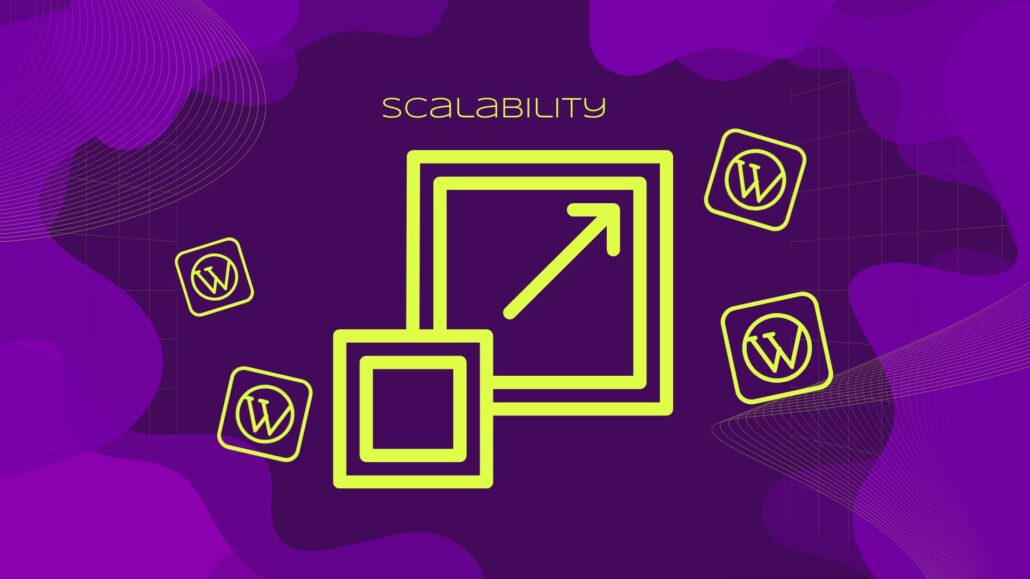
2. Cost Efficiency
Let’s talk numbers. Hiring an experienced WordPress developer can cost you $60K, $80K, or even six figures annually. Add in benefits, training, and overhead, and it’s a hefty investment. With white-label solutions, you’re only paying for the work you need. No salaries, no benefits, no downtime.
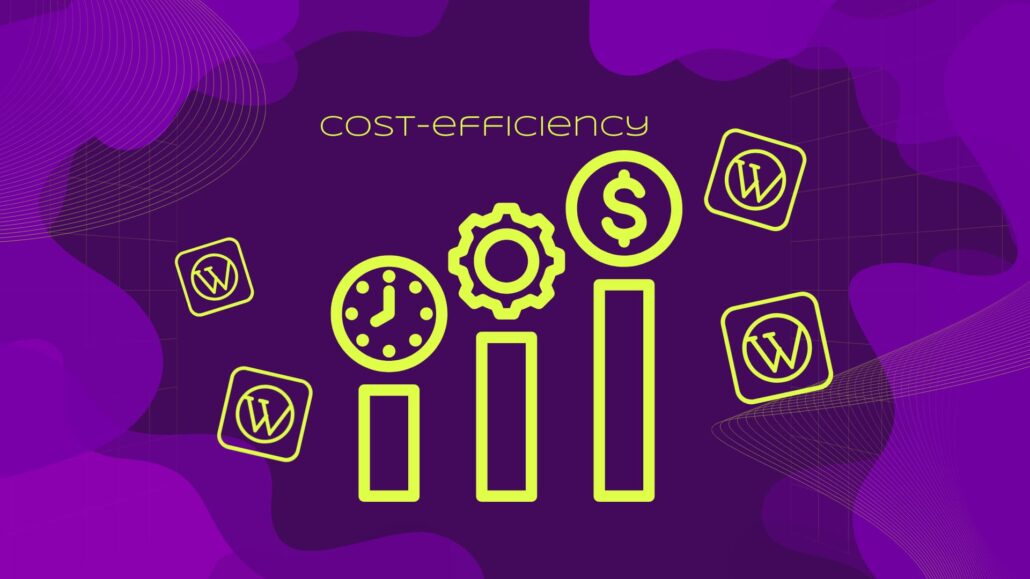
3. Focus on Your Strengths
If web development isn’t your bread and butter, why spend time on it? By outsourcing, you can focus on what you do best — whether that’s branding, SEO, or marketing — while still delivering high-quality websites to your clients. It’s a win-win.
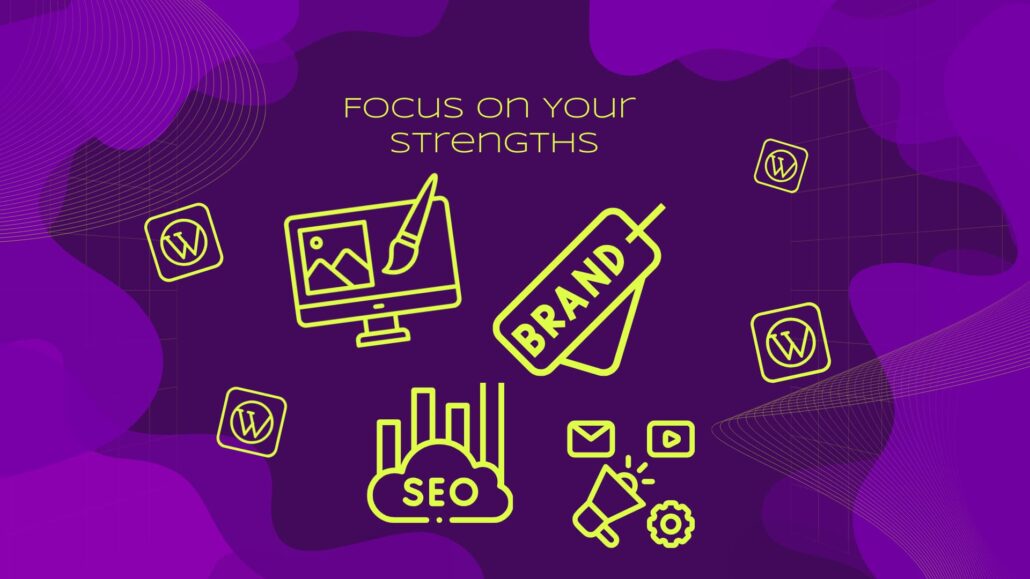
4. Consistency and Expertise
When you partner with a white-label team, you’re working with specialists who live and breathe WordPress. They’ve seen it all, from quirky plugin conflicts to advanced customizations. This means fewer mistakes, faster turnarounds, and happier clients.
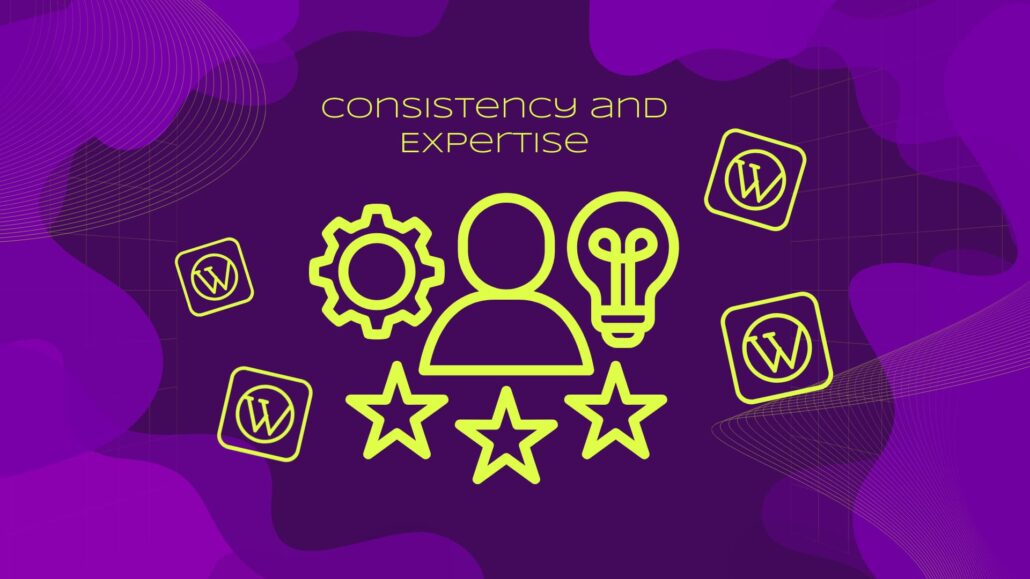
5. Time to Innovate
How much time do you spend putting out fires versus planning for the future? By outsourcing WordPress projects, you free up time to focus on growing your agency, exploring new services, or just taking a break (remember those?).
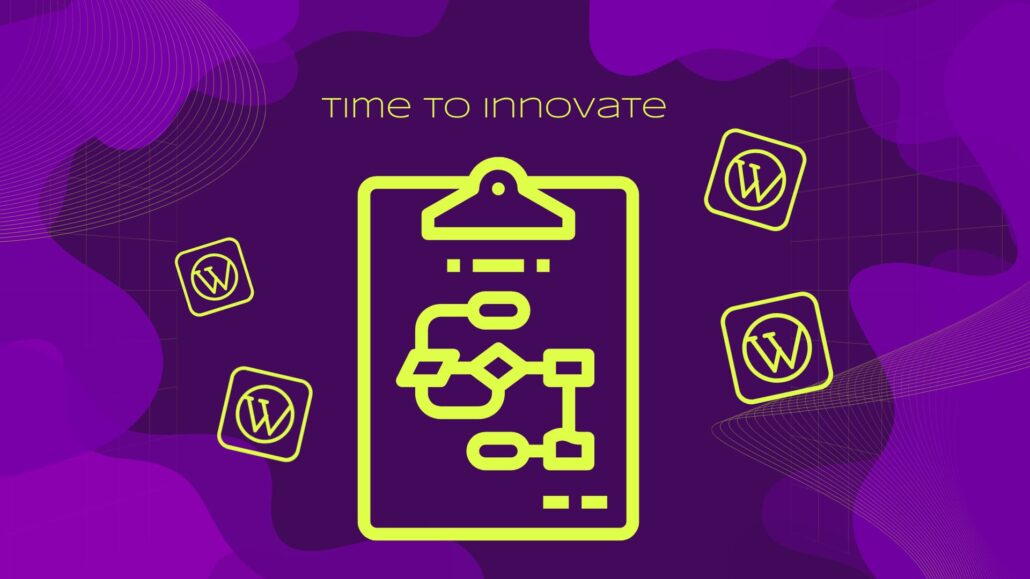
Addressing the Concerns
Of course, outsourcing comes with its share of concerns. You might be thinking:
- “What if the quality isn’t up to my standards?” A good white-label partner will provide portfolio samples, client testimonials, and even trial projects to prove their worth.
- “How do I protect my brand?” White-label providers work behind the scenes. They’ll never communicate directly with your clients unless you want them to. To your clients, everything looks like it came straight from your team.
- “Isn’t it risky to rely on an external team?” Sure, any partnership carries some risk. But with due diligence — like vetting providers, signing clear contracts, and maintaining good communication — you’ll mitigate most of it.
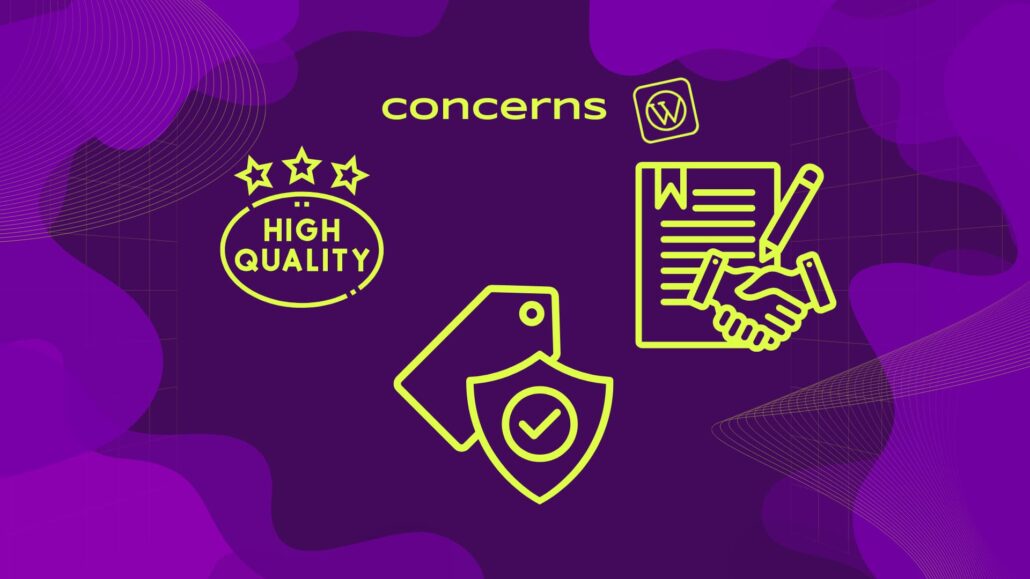
Real-Life Wins: Stories from the Field
Take Emma, for example. She runs a boutique marketing agency that primarily focuses on social media strategy. A few years ago, she had to turn away clients asking for WordPress sites because she didn’t have the in-house skills to build them. After partnering with a white-label WordPress agency, she started saying yes. Today, website projects make up 40% of her revenue.
Or think about Alex, who runs a creative agency specializing in design. His team’s not technical, but his clients kept requesting e-commerce sites. A white-label provider helped him deliver stunning online stores without any coding headaches. Now, his clients think his team can do it all.
Expanding Service Offerings
Another benefit of white-label solutions that often goes unnoticed? It gives agencies the freedom to explore and experiment with service expansions. Let’s say you’ve been hesitant to offer more technical solutions like custom WordPress plugins or API integrations because of skill gaps. With the right partner, you’re no longer bound by your team’s limitations. You can confidently say yes to those complex requests, knowing you’ve got experts to back you up. And if scaling has ever felt overwhelming, here’s a real-talk guide on scaling your WordPress site that offers some fantastic insights.
This approach also opens doors for upselling. For instance, start with a basic website and then pitch additional services like advanced SEO setups, analytics integrations, or managed hosting plans. Clients appreciate the convenience of getting everything in one place, and your agency benefits from increased revenue per project.
Building Client Trust Through Seamlessness
When done right, white-labeling isn’t just about outsourcing; it’s about creating a seamless experience for your clients. Your clients don’t care who’s coding or designing behind the scenes — they care about results. By maintaining consistent quality and branding across all projects, you’re building trust and loyalty.
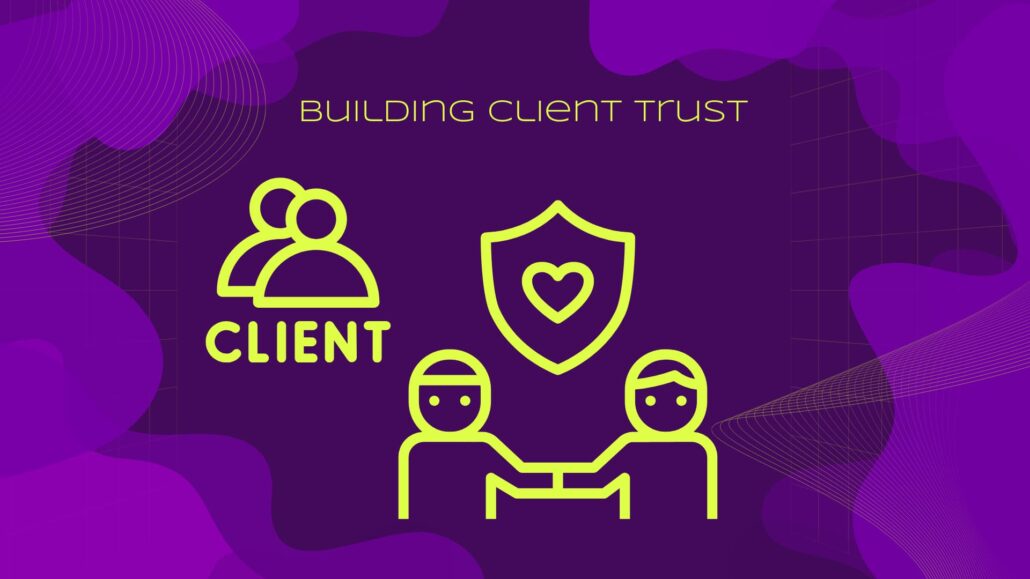
Here’s an interesting thought: A client’s perception of your agency’s capabilities often hinges on how smooth and professional the process feels. If you’re working with a white-label team that can deliver projects on time, on budget, and with top-tier quality, your clients will walk away impressed. And guess who gets all the credit? You.
Staying Ahead in a Competitive Market
Let’s not forget the competitive edge. In a world where agencies are constantly vying for client attention, being able to offer a full suite of services sets you apart. But keeping everything in-house can slow you down. White-label WordPress solutions allow you to stay nimble. You can adapt to new trends or client needs without scrambling to hire or train staff.
For instance, let’s say there’s a sudden surge in demand for AI-powered website features or hyper-personalized e-commerce experiences. If you’re tied up trying to figure these out in-house, you’ll miss the boat. A white-label provider, however, can help you capitalize on these trends quickly, ensuring you stay ahead of the curve and relevant in the ever-evolving digital space.
